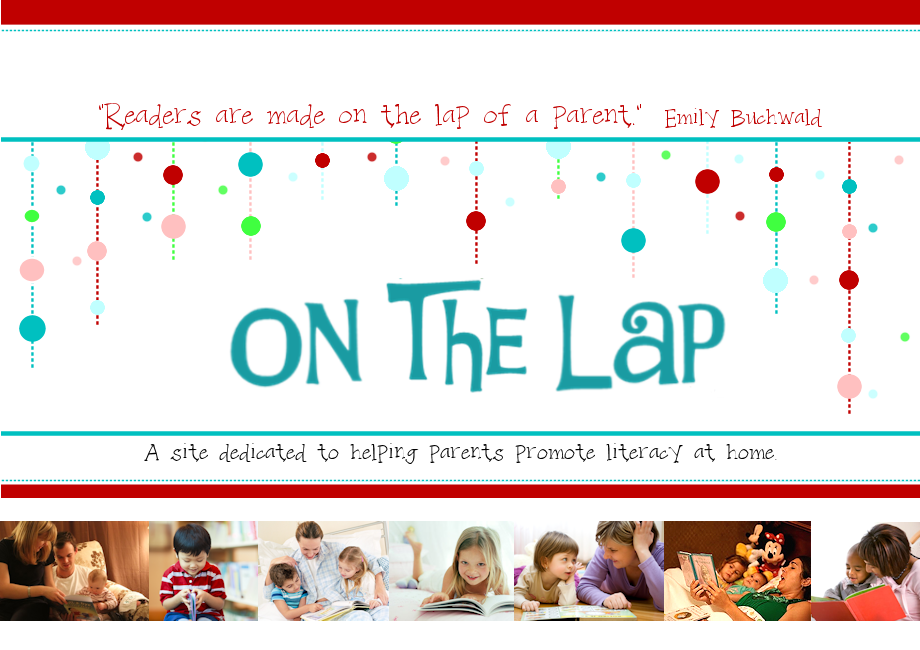Do you ever visit your local library with your school age child and wonder which books are appropriate reading levels? I know I do. Let's set aside what grade your child is in. Grade level truly has nothing to do with your child's reading level or potential. What you need to know in order to help your child grow in his or her reading skills is the instructional level at which your child reads. This is the level which your child reads with help. Do not leave your child to read alone at his or her instructional level. Anything above instructional level should not be attempted at all. The second thing you need to know, is your child's independent reading level. This is the level at which your child should read alone, for the enjoyment of reading and for practice. Reading on an independent level is the most important level of reading for your child. Reading on this level builds confidence, fluency and word knowledge.
You can talk to your child's teacher about appropriate reading levels or have your child professionally assessed. There is also a link at the bottom of the page for assessing home-school students; however, any parent can take advantage of that information. Once you know your child's independent and instructional reading level you can now move forward. These levels do not necessarily have to coordinate with the grade level your child is in. Not one of us learns to walk, talk or read on the same level. A good goal to set for your child that is below grade level is to increase reading opportunities in order to increase your child's reading level naturally.There is a great program and website called Lexile. This program is designed to put books in the hands of children that are appropriate for their reading level. Like with any program, there may be flaws in the system of leveling books however, all the books I have encountered have been dead on. Here's are some links to help you learn to use the Lexile program. Once you become familiar with the program, you can easily pick books for your child that are appropriate.
If you are new to Lexiles, check out these links.
- What is a Lexile Measure?
- Lexile Overview Video (about six-minutes)
- How to get a Lexile Measure
- Frequently Asked Questions
- Lexile Measures and Grade Levels
- Reading outside of your Lexile range
- How to help a struggling reader
- How to help a reluctant reader
- How to help a high-achieving reader
- How to discuss a book with your child
- How to make reading a part of everyday life
- How Lexile measures help build vocabulary
- Is my child's Lexile measure good for his or her grade?
Additional links and resources
- Lexile Fact Sheet (PDF)
- Lexile Measures at Home (PDF)
- What does the Lexile measure mean? (PDF)
- Assessments for Homeschoolers
Because I have the tools to assess my child's reading level, I already know what level books he should be reading for instruction and for fun. I go to the library with a list in hand of books I want to get for him. He still picks out books of interest to him. Truly, the whole point in teaching children to read is so they can learn and enjoy learning as they do so.
If you have questions please e-mail me.


2 comments:
Okay you know I LOVE this post... Oh how I wish a lot more parents knew this!!!
This is great clarification. Most people don't even know there is a difference.
Post a Comment